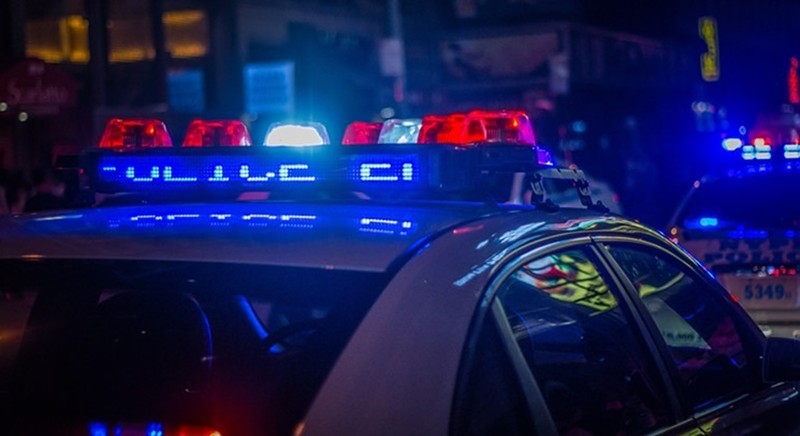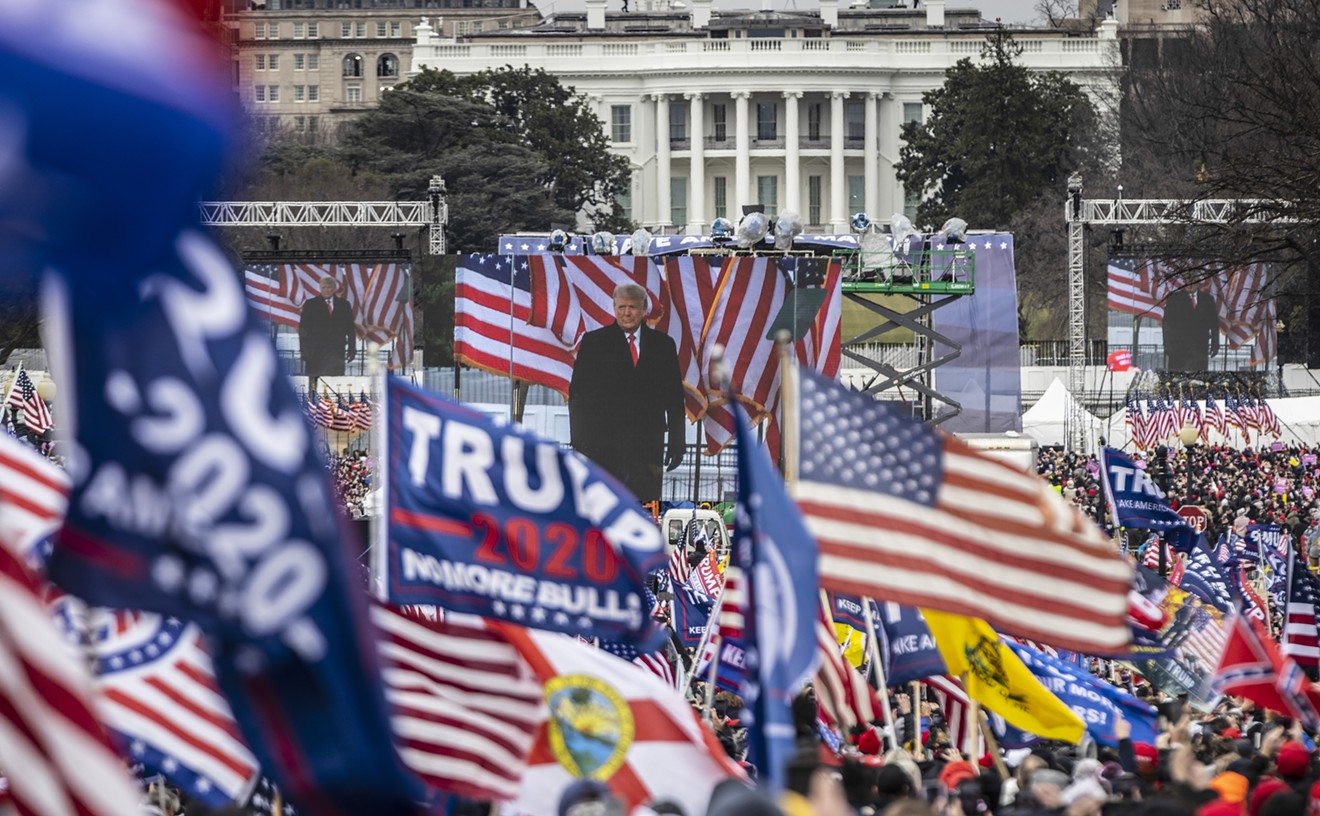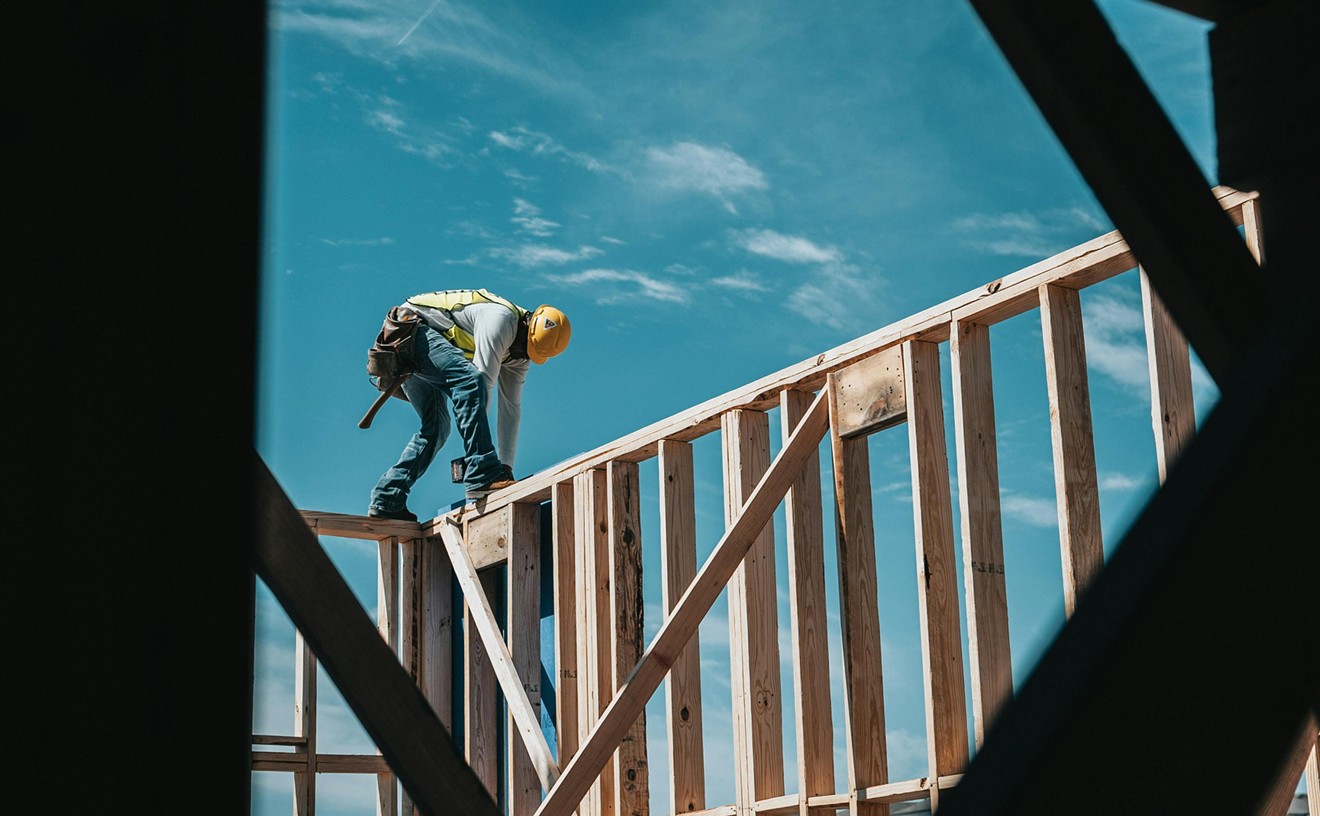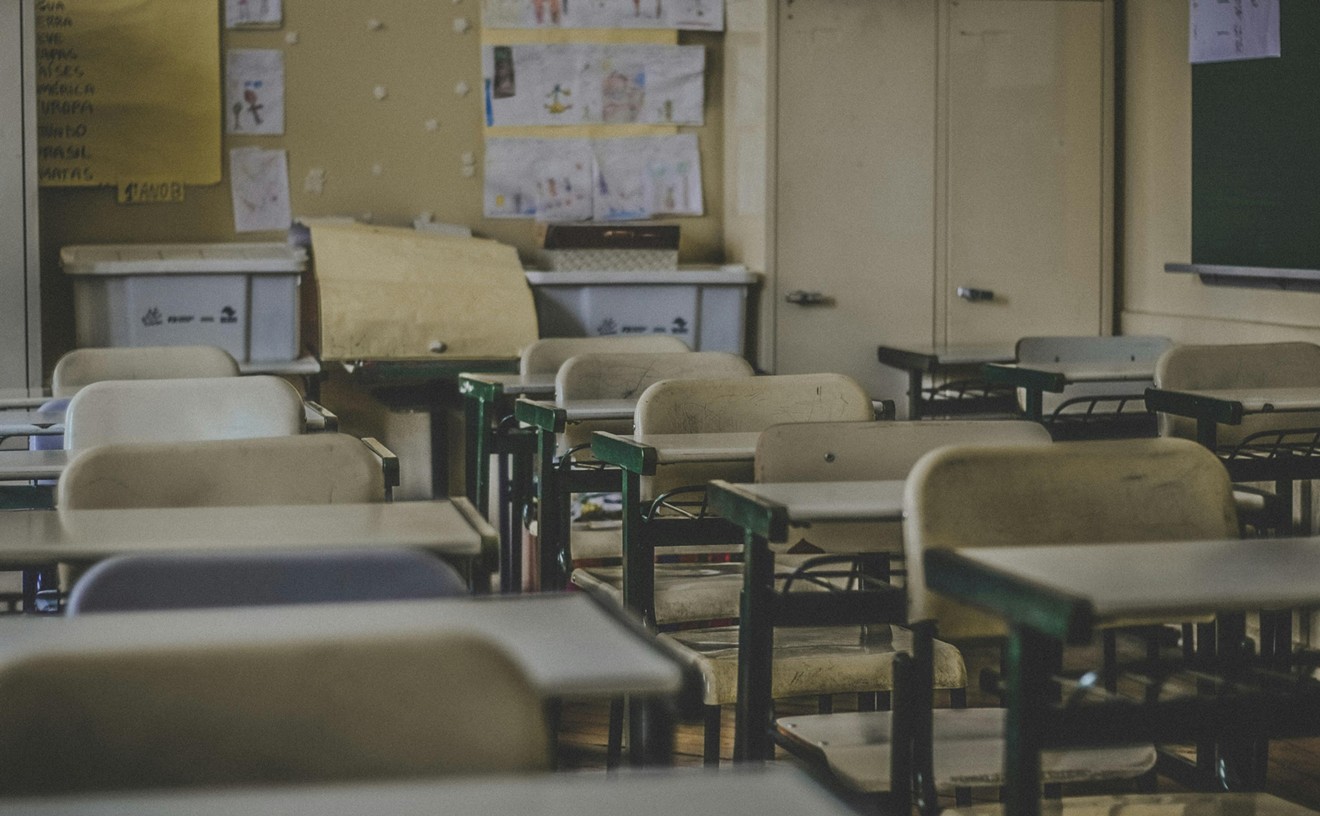You may have seen a study floating around earlier this year that declared Dallas one of the worst cities in the country when it comes to vehicular accidents. The Forbes survey ranked us third-highest for crashes involving a drunk driver and fourth for accidents caused by speeding.
Not great, Dallas.
Evidently, the Dallas Police Department doesn’t think it’s great either. City Council has been juggling discussions involving the city’s legislative priorities for the 2025 Texas Legislative Session, and in last week’s public safety committee meeting, DPD asked for a seat at the table.
This year is the first that the police department has introduced its own set of legislative priorities to the council. Each item DPD brought to the committee was approved and will now go before the council for a final vote on the city's priorities package. By introducing its legislative agenda to the council, DPD will now be able to have council members testify in Austin on behalf of the requests approved by the full council vote. Two of the items unanimously approved by the committee take new approaches to speeding and drunk driving.
DPD plans to advocate for the reversal of a 2019 state law that prohibited the use of cameras that take photos of people speeding or running red lights. The vehicle's owner would then receive a ticket in the mail. Dallas Police Lt. Julio Gonzalez, who has been leading the department’s legislative affairs program, told the council reinstating a speed camera program could help reduce fatalities and accidents on high-speed roadways and interstates.
“I think we have to do this. I mean, we are all suffering, our whole community,” council member Gay Donnell Willis said. “We can’t put an officer on every street corner to make people follow the law, so this technology, this is a way we can make people comply with the law and make our streets safer.”
The cameras could be a solution to inconsistencies in the department’s traffic enforcement in recent years. Last November, Dallas Police Chief Eddie Garcia told NBC 5 Investigates that short staffing and the need for police to respond to violent crime have resulted in lower levels of traffic enforcement since the pandemic. Garcia also said he believes officers are writing more warnings for drivers, as opposed to tickets.
Speed cameras are currently legal in 19 states, according to the Governors Highway Safety Association, and while they are credited with reducing crashes by up to 54%, investigations into the camera’s uses in some cities — like Chicago, Miami and Wahington, D.C — have found a disproportionate impact on nonwhite motorists. According to ProPublica, homes in ZIP codes with a majority Black or Latino population were twice as likely to receive tickets in the mail as homes in majority white neighborhoods.
“We felt the brunt of it the way white people didn’t,” Olatunji Oboi Reed, a racial equity activist from Chicago, told ProPublica.
The public safety committee did not discuss equity concerns related to the use of speed cameras, but council member Cara Mendelsohn said the expected outcomes voiced by Gonzalez are aligned with the city’s Vision Zero plan. The initiative aims to dramatically decrease accidents resulting in fatalities and severe injuries by 2030.
DPD is also petitioning for state law to once again allow DWI checkpoints, which were outlawed in Texas in 1991. Before it's allowed, the state would need to develop a checkpoint procedure for local law enforcement to follow. Garcia told the committee that police presence on roadways is currently increased during major holidays, but monitoring is done proactively and sobriety enforcement can be done only if an officer witnesses unsafe driving.
“We need to be more present on our highways and freeways,” Garcia said. “When you look at other states that somehow can figure it out, we could probably figure it out as well.”
Gonzalez said that the Texas Police Chiefs Association has adopted DPD’s priority list to use as a statewide template.
“The issues that we are facing here in public safety, there are issues that every agency in Texas is also facing,” he said.
How Do Dallasites Feel About Tickets by Mail?
We had a feeling Dallasites may not be keen about the potential return of speeding cameras, so we took to the Nextdoor app to ask how neighbors might feel if fixed speeding cameras become legal. Here are some of the responses we got:
“Whatever it takes to calm vehicular traffic.” — Randall W.
“You can send me a picture of a ticket and maybe I can send you a picture of a check.” — Carrie F.
“Big Brother and their cameras. No fixed speeding cameras, or any other kind either.” — Kathy H.
“I would not be a happy camper, it stands for everything un-American.” — Fernando T.
“It’s most definitely a NO. Cameras are not reliable and technology has its flaws. Those red light cameras were discontinued and these speeding cameras are no different.” — Latanya G.












